Phnom Penh, September 13, 2023, In a significant development, the Royal Government, led by Samdech Hun Manet, has issued Decision No. 100, effectively easing the way for individuals to engage in informal economic activities in both urban and rural areas. This pivotal decision eliminates the need for self-employed individuals to obtain permits from the Office of Work and Social Affairs (OWSO) at the Municipal, District, or Khan levels.
The decision covers six major business categories that no longer need permission or renewal from local authorities such kinds Culture and Fine Arts such as: Visual artists, sellers of cement sculptures, and painters are among those exempted. Personal Services that Hairdressers, naildressers, and beauticians earning less than $1,000 or 4 million riel are no longer subject to oversight by the municipal administration. Education, Youth, and Sports:This category includes sellers of sports equipment. Food and Beverage:so that Restaurants, local eateries, food stalls, noodle shops, and cafes are among the businesses freed from the need for permission.Transportation: Motodup drivers, motorbike and tuk-tuk tour operators can now operate without formal registration and Handicrafts and Services including Artisans selling handicrafts, pottery, tiles, candles, incense sticks, and providers of electric motor installation services (not exceeding 25 kW), as well as those engaged in electrical appliance repair and motorcycle car wash services, are now exempt from registration requirements.

The decision comes in response to concerns raised by the public and social media users regarding local administrations urging informal entrepreneurs to register their businesses.
Mr. Vorn Pov, President of the Independent Democratic Association of Informal Economy (IDEA), representing motodup, tricycle, taxi drivers, small-scale traders, restaurant workers, street vendors, and domestic worker the largest segment of informal workers in Cambodi commented on the decision's impact. He noted that the suspension carries both positive and negative implications.
On the positive side, it eases the administrative burden for businesses, freeing them from registration, tax payment, and compliance with specific laws. This allows businesses to operate more naturally and with fewer administrative hurdles.
However, Mr. Vorn Pov expressed concern about the potential negative consequences in the long run. Without formal registration, these businesses lack legal recognition, leaving them vulnerable to competitors who have registered in advance or potential legal challenges, particularly from international entities. The decision could also open doors for foreigners to acquire these businesses easily unless the government implements protective policies. Transferring businesses to family members or successors may also become problematic, and citizens could face eviction from their locations without compensation or exchange policies if they operate in public spaces.
Mr. Vorn Pov recommended that the Royal Government encourage voluntary registration, with minimal fees such as stamp duty, and simplify the registration process. He also suggested establishing registration centers or focal points to educate citizens about the legal implications of registration.
According to a 2022 report by the International Labor Organization (ILO), approximately 93% of Cambodia's workforce operates within the informal economy, making a substantial contribution to the national economy, particularly during times of crisis, such as the COVID-19 pandemic.





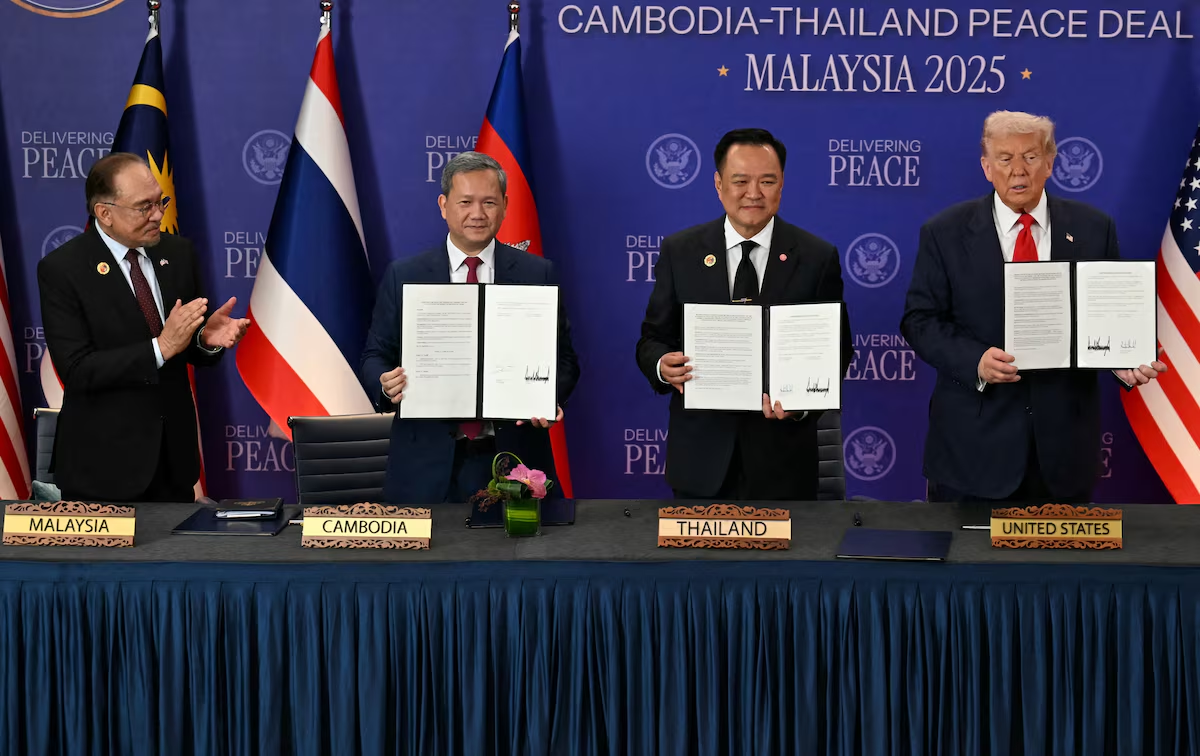 Reuters Cambodian PM says Thailand occupying territory after Trump-brokered ceasefire
Reuters Cambodian PM says Thailand occupying territory after Trump-brokered ceasefire
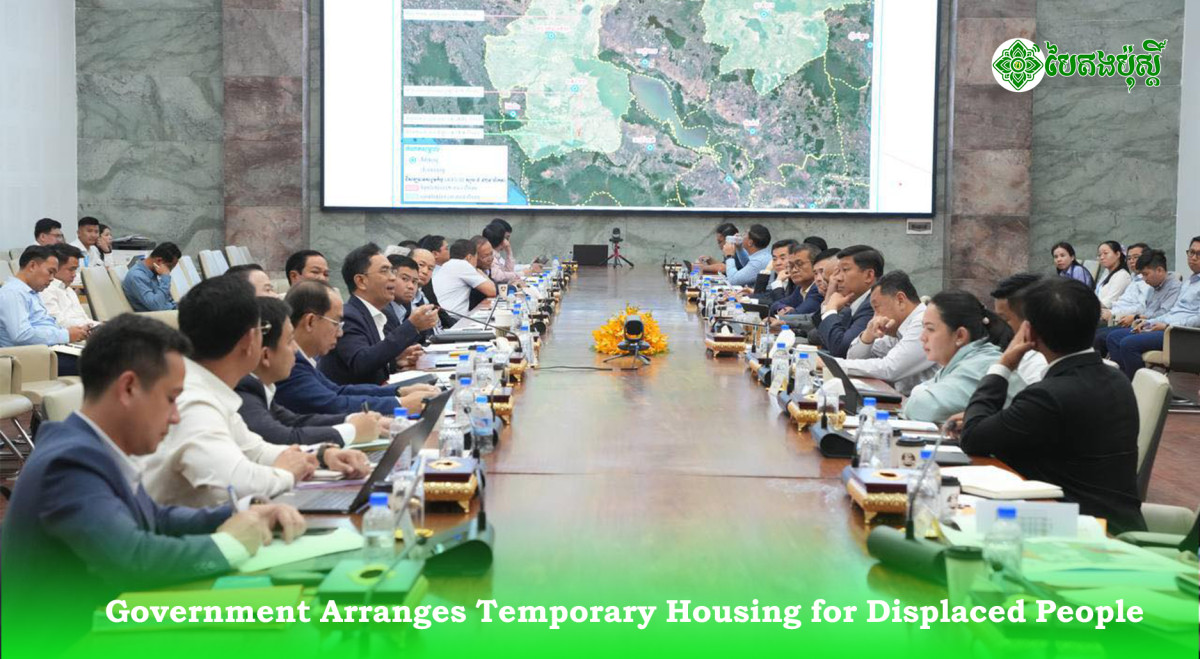 Government Arranges Temporary Housing for Displaced People
Government Arranges Temporary Housing for Displaced People
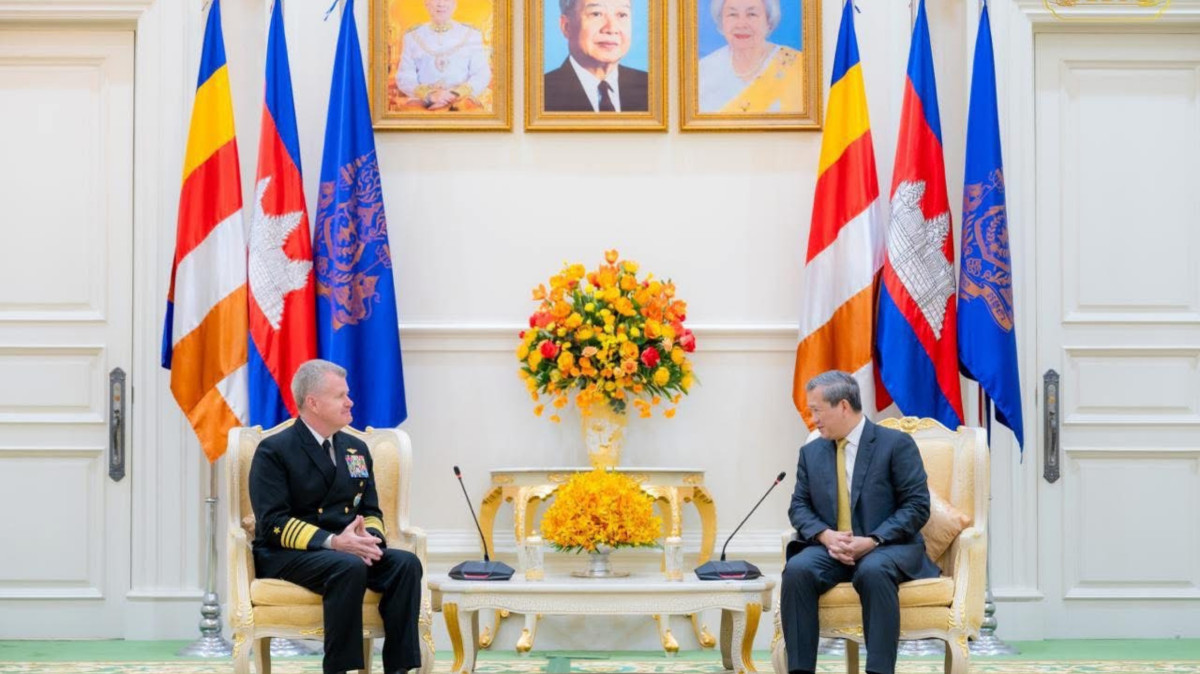 Cambodia Confirms Decision to Join the Board of Peace
Cambodia Confirms Decision to Join the Board of Peace
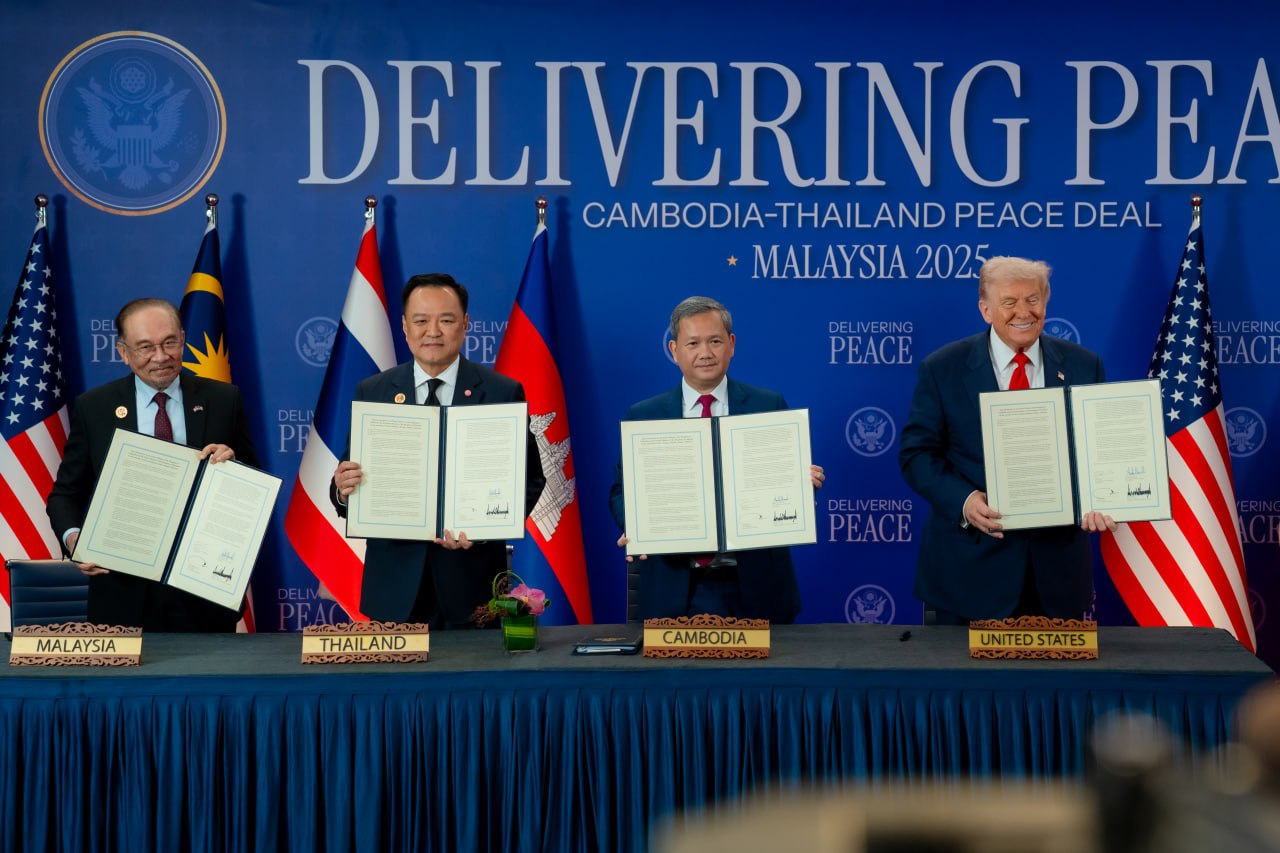 Cambodian Prime Minister: Cambodia Upholds Diplomacy and International Law in Resolving Border Disputes
Cambodian Prime Minister: Cambodia Upholds Diplomacy and International Law in Resolving Border Disputes
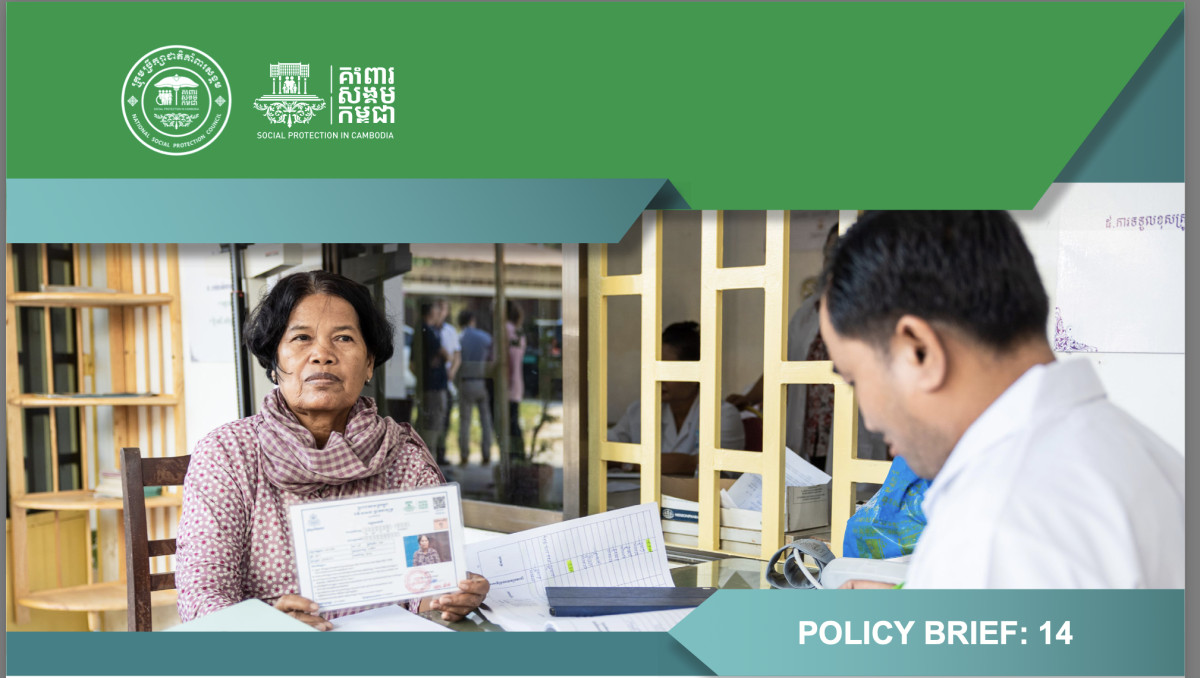 Cambodia Expands Social Protection System with Strong Role for Sub-National Administrations
Cambodia Expands Social Protection System with Strong Role for Sub-National Administrations
 US Pledges $45 Million to Support Cambodian–Thai Ceasefire
US Pledges $45 Million to Support Cambodian–Thai Ceasefire
 Government implements two policies for workers and youth
Government implements two policies for workers and youth
 Royal Government Suspends Registration of Informal Wokers
Royal Government Suspends Registration of Informal Wokers
27-មករា-2026 - ម៉ោង 11:41:AM

27-មករា-2026 - ម៉ោង 07:02:AM

11-មករា-2026 - ម៉ោង 09:03:AM

10-មករា-2026 - ម៉ោង 10:28:AM


© ២០២៣ រក្សាសិទ្ធិគ្រប់យ៉ាងដោយ BAITONGPOST
#35,St 1013, Phnom Penh Thmei, Sen Sok, , Phnom Penh, Cambodia